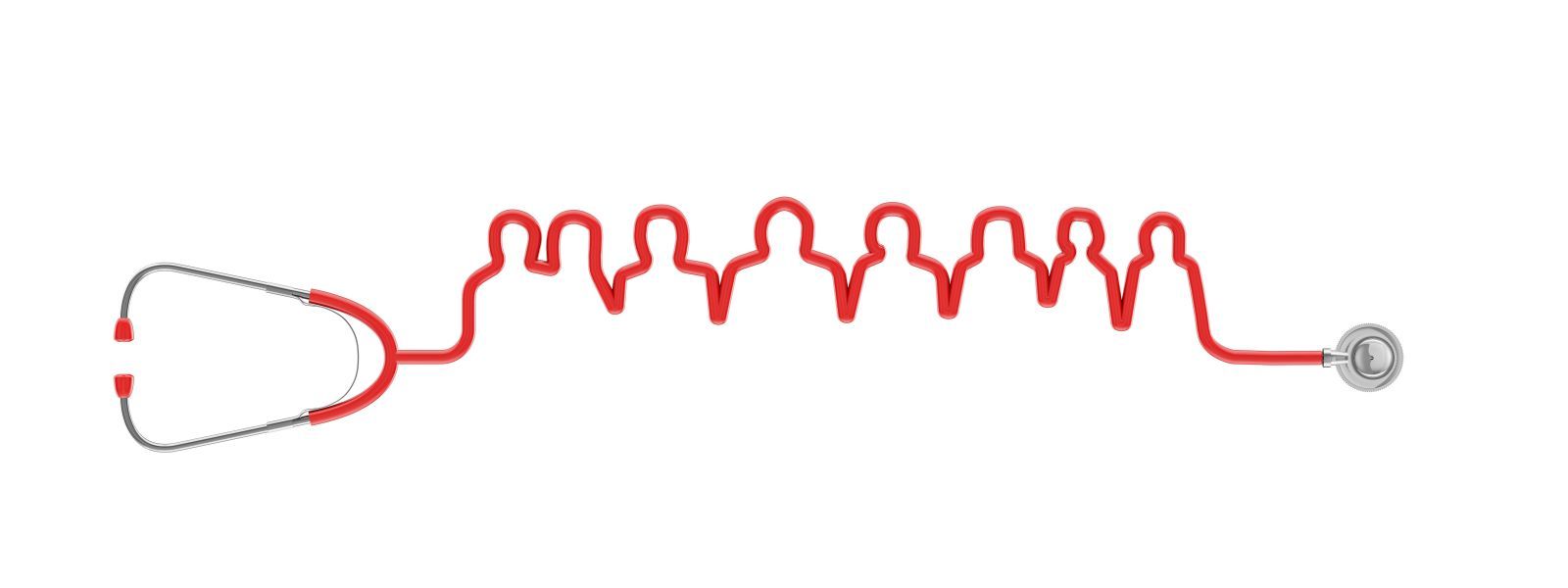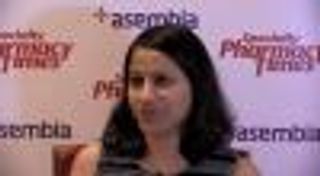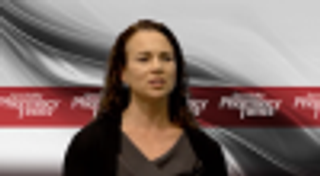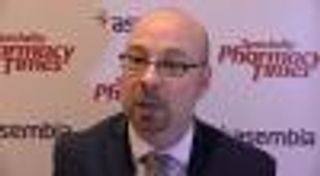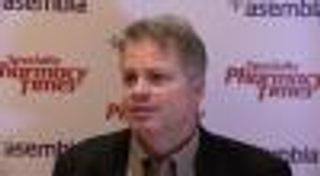
Reimbursement
Latest News
Latest Videos

CME Content
More News
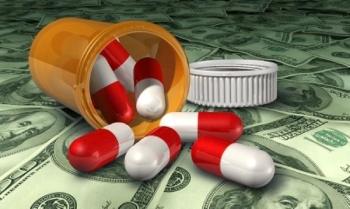
Regardless of the channel through which a specialty medication is billed and filled, management strategies will be an essential cornerstone to controlling costs.
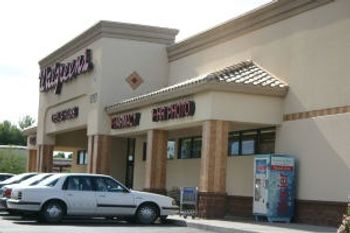
The partnership with VillageMD will open 500 to 700 “Village Medical at Walgreens” physician-led primary care clinics in more than 30 US markets in the next 5 years.
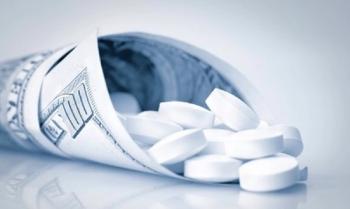
Multiple pharmacies recently received letters from ESI stating that on behalf of TRICARE and the Defense Health Agency, ESI was recouping money for compound drug claims submitted in 2015.

According to the investigators, payers and employers are increasingly adopting HDHPs in an effort to control rising health care costs.
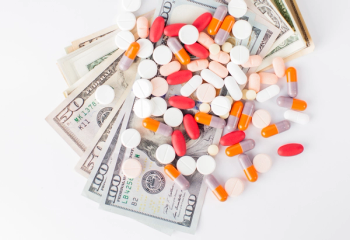
A recent qualitative study presented a potential explanation for why health system specialty pharmacies often find it difficult to partner with payers.

Although some of the largest insurers have waived their cost sharing requirements, employer-sponsored “self-insured” health insurance plans are not required to adhere to these waivers.
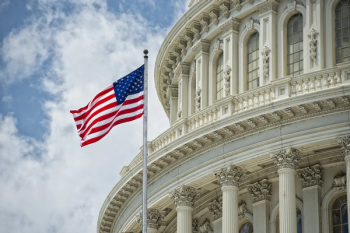
According to a new study by West Health and Gallup, 88% of US adults support the federal government directly negotiating the price of a COVID-19 treatment with a drug manufacturer upon its availability due to concerns regarding raised drug prices.

With the evolution and growth of specialty pharmacies, so too did services provided by hubs and the places where they were situated.

Specialty pharmacy is beginning to implement its own set of strategies in order to manage the cost of one of the most expensive sectors of the pharmaceutical industry.
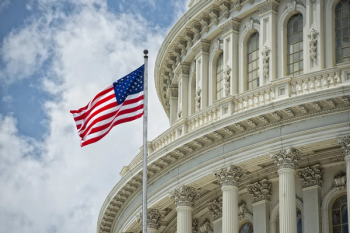
The US Senate recently passed the Paycheck Protection Program Flexibility Act after its quick success in the House last week.

Artificial intelligence will inevitably play a major role in hub services, improving efficiency and speed to therapy.

Pharma companies that shift their attention to what providers, payers, and patients are asking for will profit from the growing worldwide market on preventative care.

In an era of high-priced drugs, health care stakeholders continue to explore alternative pricing models that focus on the concept of value-based drug purchasing models.

At minimum, they should engage in compliance risks; financial opportunities; key advocacy efforts; and program resources, structure, and value.
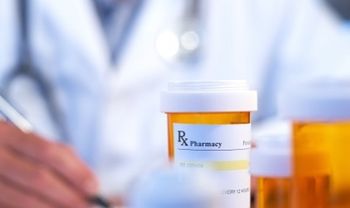
The intention of risk evaluation and mitigation strategy programs is to ensure that the patient gets potentially dangerous drugs that are monitored appropriately.

Before COVID-19, the health care industry was largely headed toward a value-based system that was shifting to focus on social determinants of health, according to Bruce Japsen, at the PQA 2020 Annual Meeting.

Medication therapy problem category framework is the tool used to collect and evaluate medication-related issues

The impact of COVID-19 on the health plan enterprise appears to be practical and functional rather than strategic and financial.

Survey finds that nearly two-thirds of specialty pharmacists spend more than 15 minutes on the phone to fill 1 prescription, whereas 79% of specialty pharmacists seek additional information from clinicians at least 3 times in an average day.

More than 25% of US patients have not filled a prescription or have reduced their prescribed dose because of high costs.
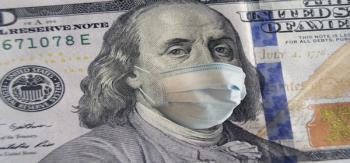
If the majority of Americans were diagnosed with COVID-19, the total cost of hospitalizations, ventilators, and other resources could cost $654 billion.

The relief money will be distributed on the basis of operating expenses.
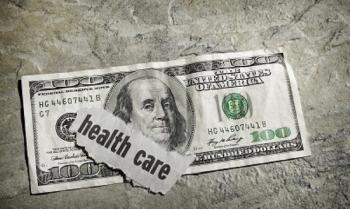
Pharmacy benefit managers are a large part of our health care benefits, but do they bring value?

Pharmacy managers must be especially adept at negotiating with various stakeholders, and pass on their negotiating skills to other pharmacy employees.

Two shingles vaccines are licensed and recommended in the United States.





